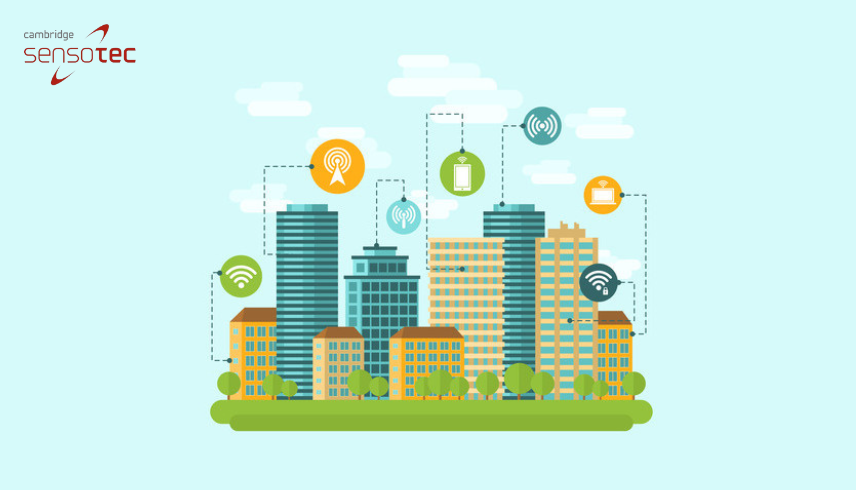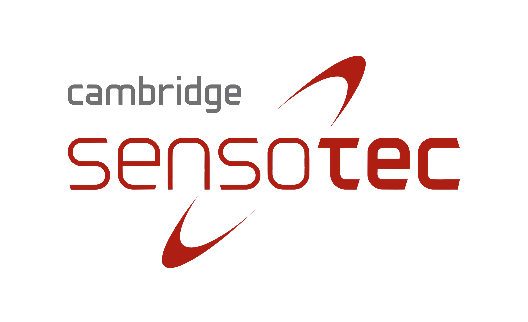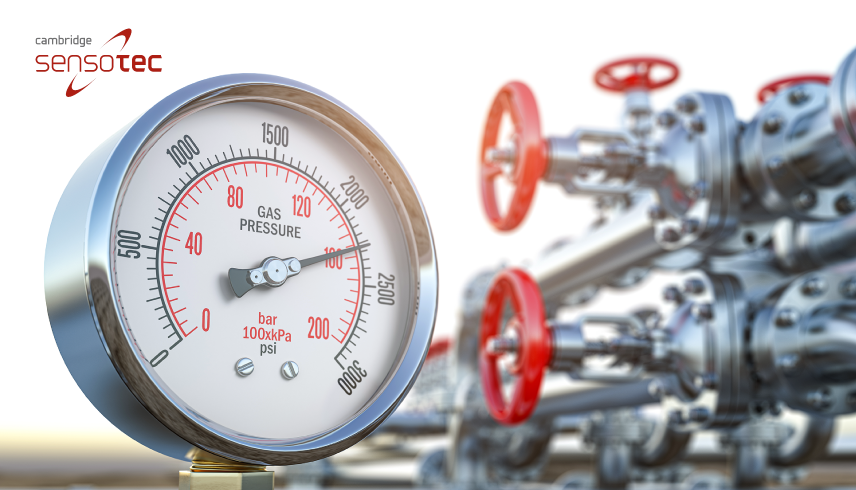

How Gas Analysis is Shaping the Future of Smart Cities
Introduction
In the ever-evolving landscape of urban development, the concept of “Smart Cities” has emerged as a transformative force, promising to enhance the quality of life for millions of residents worldwide. At the heart of this urban revolution lies advanced technology, data-driven decision-making, and a relentless pursuit of sustainability. One indispensable element in the journey towards smarter and greener cities is gas analysis, a scientific discipline that offers critical insights into the air we breathe and the environment we inhabit.
As we embark on this exploration of gas analysis in the context of Smart Cities, we uncover the profound ways in which this technology is shaping our urban future. From monitoring air quality to optimizing energy usage, gas analysis is the unsung hero working silently in the background, ensuring that Smart Cities are not only technologically advanced but also environmentally conscious.
The Role of Gas Analysis in Smart Cities
Monitoring Air Quality
One of the primary concerns in densely populated urban areas is air quality. The concentration of pollutants, particulate matter, and gases can have a significant impact on the health and well-being of city residents. Gas analysis instruments equipped with advanced sensors and real-time monitoring capabilities provide invaluable data on air quality.
These sensors can detect pollutants such as nitrogen dioxide (NO2), sulfur dioxide (SO2), carbon monoxide (CO), and particulate matter (PM2.5 and PM10), allowing city authorities to identify pollution sources and take prompt corrective actions. Improved air quality not only enhances the overall quality of life but also reduces healthcare costs associated with pollution-related illnesses.
Optimising Energy Usage
Efficient energy management is a hallmark of Smart Cities. Gas analysis plays a vital role in optimizing energy usage by monitoring and controlling gas consumption in various applications. For instance, in street lighting, gas sensors can detect gas leaks or irregularities, allowing for swift repairs and minimising energy wastage. Additionally, gas analysis helps in the efficient distribution of natural gas for heating and power generation, reducing energy costs and environmental impact.
Enhancing Safety and Security
Smart Cities prioritize safety and security for their residents. Gas analysis technology includes gas leak detectors that can swiftly identify and locate gas leaks in urban environments. This not only prevents potential accidents but also ensures the safety of city infrastructure and the people living in proximity.
Promoting Sustainability
Sustainability is a central theme in Smart Cities, and gas analysis contributes significantly to this goal. Monitoring greenhouse gas emissions, such as carbon dioxide (CO2) and methane (CH4), helps cities track their carbon footprint and develop strategies to reduce emissions. Renewable energy sources like biogas, which produce methane, can be harnessed more efficiently with the insights provided by gas analysis.
The Cambridge Sensotec Difference
At Cambridge Sensotec, we are at the forefront of gas analysis technology, providing cutting-edge solutions for Smart Cities worldwide. Our gas analysis instruments are designed to meet the unique demands of urban environments, offering precision, reliability, and real-time data that empower city authorities to make informed decisions.
As we delve deeper into the impact of gas analysis on Smart Cities, consider how Cambridge Sensotec’s advanced gas analysis solutions can contribute to the success of your city’s sustainability initiatives. Contact us today to explore our range of gas analysis instruments and take the first step towards a smarter, cleaner, and more sustainable urban future.
Challenges and Opportunities
While gas analysis is an invaluable tool for Smart Cities, it also presents challenges. Maintaining and calibrating the sensors, ensuring data accuracy, and managing a network of sensors across a city can be complex. However, these challenges are accompanied by opportunities for innovation and improvement in sensor technology, data analytics, and city-wide infrastructure.
The Future of Smart Cities: Data-Driven and Sustainable
The future of Smart Cities is undeniably data-driven and sustainable. As gas analysis technology continues to advance, it will play an increasingly pivotal role in shaping urban development. From monitoring air quality to optimising energy usage, enhancing safety, and promoting sustainability, gas analysis is an essential tool that empowers city authorities to create smarter, greener, and more livable cities.
Conclusion
In conclusion, gas analysis is a silent yet powerful force driving the transformation of urban landscapes into Smart Cities. By providing critical insights into air quality, optimizing energy usage, enhancing safety, and promoting sustainability, gas analysis technology contributes to the overall well-being of city residents and the planet.
As cities around the world continue their journey towards becoming smarter and more sustainable, the role of gas analysis will only become more pronounced. Cambridge Sensotec stands as a trusted partner in this endeavor, offering state-of-the-art gas analysis solutions that empower cities to make informed decisions for a cleaner, greener, and brighter urban future.
Ready to take the next step in shaping your city’s future? Contact Cambridge Sensotec today and discover how our gas analysis instruments can help your Smart City thrive in an ever-changing world. Together, we can build a smarter, more sustainable tomorrow.


